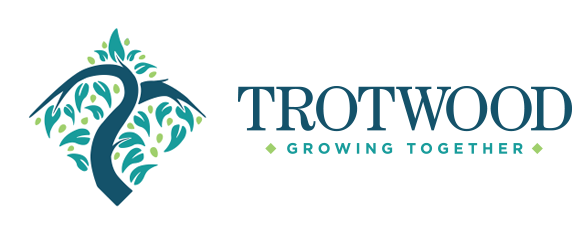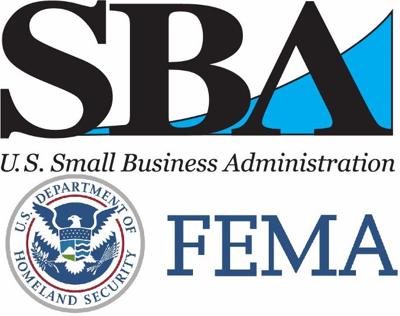Sent on behalf of the Small Business Association:
SBA Disaster Assistance Available to Ohio Private NonProfit Organizations
Affected by Severe Storms, Straight-Line Winds, Tornadoes, Flooding and Landslides
The U.S. Small Business Administration announced today that certain Private NonProfit organizations (PNP)s in Ohio that do not provide critical services of a governmental nature may be eligible to apply for low-interest rate disaster loans. These loans are available following a Presidential disaster declaration for Public Assistance resulting from damages caused by severe storms, straight-line winds, tornadoes, flooding and landslides on May 27 – 29, 2019.
PNPs located in the counties of Columbiana, Greene, Mercer and Montgomery in Ohio are eligible to apply. Examples of eligible non-critical PNP organizations include, but are not limited to food kitchens, homeless shelters, museums, libraries, community centers, schools and colleges.
PNP organizations may borrow up to $2 million to repair or replace damaged or destroyed real estate, machinery and equipment, inventory and other business assets. The interest rate is 2.75 percent with terms up to 30 years. Applicants may be eligible for a loan amount increase up to 20 percent of their physical damages, as verified by the SBA for mitigation purposes. Eligible mitigation improvements may include a safe room or storm shelter to help protect property and occupants from future damage caused by a similar disaster.
The SBA also offers Economic Injury Disaster Loans to help meet working capital needs, such as ongoing operating expenses to PNP organizations. Economic Injury Disaster Loan assistance is available regardless of whether the organization suffered any physical property damage.
PNP organizations are urged to contact their county’s Emergency Manager for information about their organization. The information will be submitted to FEMA to determine eligibility for a Public Assistance grant or whether the PNP should be referred to SBA for disaster loan assistance.
Applicants may apply online using the Electronic Loan Application (ELA) via SBA’s secure website at DisasterLoan.sba.gov. Disaster loan information and application forms may also be obtained by calling the SBA’s Customer Service Center at 800-659-2955 (800-877-8339 for the deaf and hard-of-hearing) or sending an email to disastercustomerservice@sba.gov. Loan applications can also be downloaded from www.sba.gov/disaster. Completed applications should be mailed to: U.S. Small Business Administration, Processing and Disbursement Center, 14925 Kingsport Road, Fort Worth, TX 76155.
The filing deadline to submit applications for physical property damage is Sept. 16, 2019. The deadline to submit economic injury applications is April 17, 2020.
Sent on behalf of FEMA External Affairs
COLUMBUS, Ohio – Don’t double the trouble the Memorial Day Weekend storms brought you by falling prey to fraudsters, scammers and swindlers. Keep an eye out for these criminals who are trying to turn your recent losses into their future gains.
Whenever charitable groups and disaster assistance agencies like FEMA begin aiding disaster survivors, criminals follow in their wake. The most common post-disaster fraud practices include phony housing inspectors, fraudulent building contractors, bogus pleas for disaster donations and fake offers of expedited state or federal aid in exchange for “a small fee.” What survivors should remember is that neither federal nor state workers ask for or accept money, and always carry identification badges. There is no fee required to apply for or get disaster assistance from FEMA, the U.S. Small Business Administration, or the state.
FEMA, like other federal agencies, can reclaim federal funds that were given out by error or as the result of fraud, for example, but it never makes those demands by phone. The process, known as “recoupment,” begins with an official letter from FEMA which lays out why the agency is asking for the refund and how much is involved. It also provides recipients with information on how to appeal.
Scam attempts can be made over the phone, by mail or email, text or in person. Unfortunately, there seems to be no limit to the inventiveness of those wanting to commit fraud. Storm survivors are asked to remain alert, ask questions and require photo identification when someone claims to represent a government agency.
If you question the validity of a contact or suspect fraud, call the toll-free FEMA Tip Line at 866-223-0814, the National Center for Disaster Fraud Hotline at 866-720-5721, or your local law enforcement agencies. You can also report at StopFEMAFraud@fema.dhs.gov.
If you have knowledge of fraud, waste, abuse or mismanagement involving programs or operations of the Department of Homeland Security, which includes FEMA, you can access the department’s investigative referral submission form at https://hotline.oig.dhs.gov/#step-1.
Share this Post

